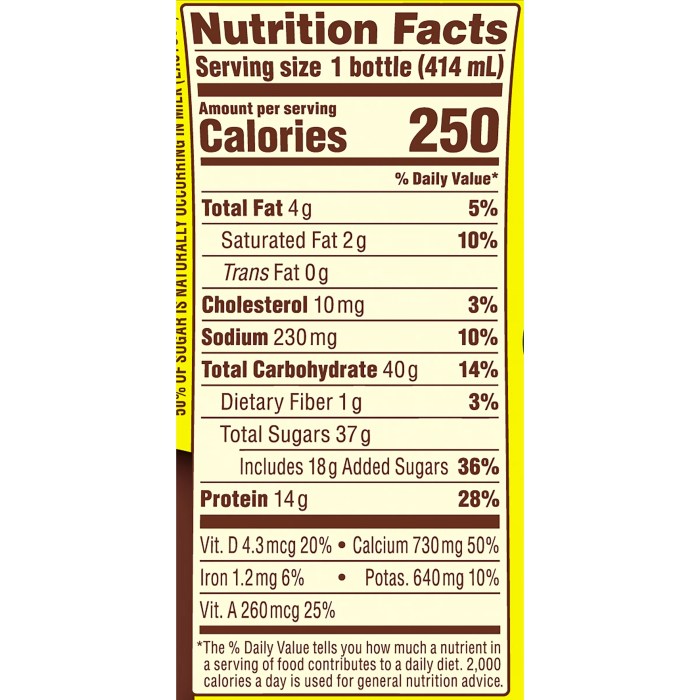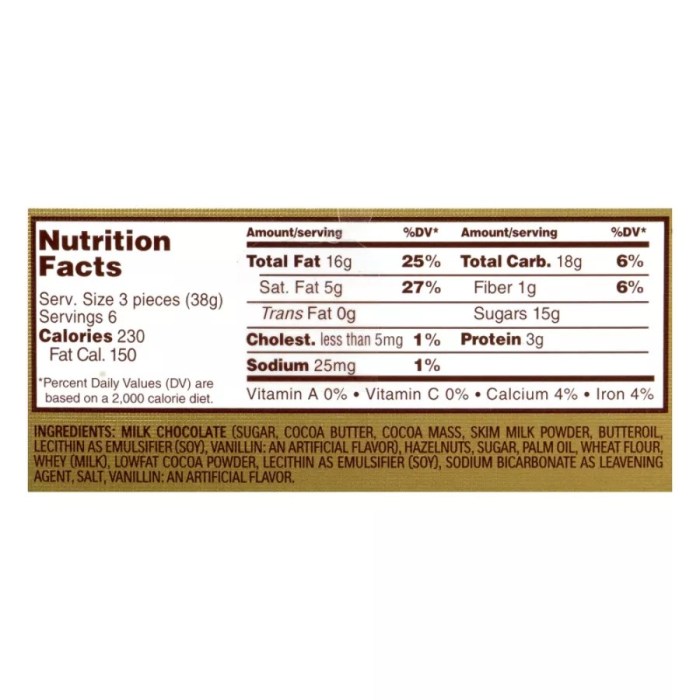Health Benefits of Consuming Smoked Salmon: Smoke Salmon Nutrition Facts
Smoke salmon nutrition facts – Smoked salmon offers a delicious and nutritious way to incorporate beneficial nutrients into your diet. Beyond its appealing taste, it provides a wealth of health advantages stemming from its rich composition of omega-3 fatty acids, protein, vitamins, and minerals. These components contribute significantly to cardiovascular health, muscle development, immune function, and overall well-being.
Omega-3 Fatty Acids and Cardiovascular Health
Omega-3 fatty acids, specifically EPA and DHA, are abundant in smoked salmon. These essential fatty acids play a crucial role in maintaining cardiovascular health. They help reduce triglyceride levels, lower blood pressure, and decrease the risk of blood clot formation, all contributing to a reduced risk of heart disease and stroke. Studies have consistently shown a correlation between higher omega-3 intake and improved cardiovascular outcomes.
For example, the Mediterranean diet, rich in oily fish like salmon, is associated with lower rates of heart disease.
Protein and its Role in Muscle Building and Satiety
Smoked salmon is an excellent source of high-quality protein, essential for building and repairing muscle tissue. Protein also contributes to feelings of fullness and satiety, aiding in weight management by reducing overall calorie intake. The protein in smoked salmon is easily digestible and provides all nine essential amino acids, making it a complete protein source. This makes it particularly beneficial for individuals engaged in regular physical activity or those seeking to maintain a healthy weight.
Vitamins and Minerals for Immune Function and Overall Well-being
Smoked salmon is a good source of several vitamins and minerals vital for immune function and overall health. Vitamin D, crucial for calcium absorption and immune system regulation, is present in notable amounts. Selenium, a powerful antioxidant, protects cells from damage caused by free radicals. Additionally, smoked salmon contains B vitamins, such as B12, essential for nerve function and red blood cell production, and potassium, important for maintaining healthy blood pressure.
These nutrients work synergistically to support a robust immune system and contribute to overall well-being.
Nutritional Comparison of Smoked Salmon, Canned Tuna, and Grilled Salmon, Smoke salmon nutrition facts
The following table provides a comparison of the nutritional profiles of smoked salmon, canned tuna in water, and grilled salmon (per 100g serving). Note that nutritional values can vary depending on preparation methods and specific brands.
| Nutrient | Smoked Salmon | Canned Tuna (in water) | Grilled Salmon |
|---|---|---|---|
| Protein (g) | 20-25 | 25-30 | 20-25 |
| Omega-3 Fatty Acids (g) | 2-3 | 0.5-1 | 2-3 |
| Vitamin D (µg) | 5-10 | 0-1 | 5-10 |
| Selenium (µg) | 25-35 | 20-30 | 25-35 |
| Calories (kcal) | 180-220 | 100-120 | 200-250 |
General Inquiries
Is smoked salmon high in cholesterol?
Smoked salmon is relatively low in cholesterol, making it a suitable choice for those watching their cholesterol intake.
Can pregnant women eat smoked salmon?
Pregnant women should choose only high-quality, responsibly sourced smoked salmon to minimize the risk of listeria. It’s always advisable to consult with a healthcare professional.
How long can I store smoked salmon?
Properly stored smoked salmon, refrigerated, generally lasts for 3-5 days. Always check for any signs of spoilage before consumption.
Are there any vegetarian alternatives to smoked salmon?
While there’s no perfect substitute, some plant-based options like smoked tofu or mushrooms can offer similar textural and flavor profiles in certain dishes.
What are the best ways to cook smoked salmon?
Smoked salmon is often enjoyed as is, but it can also be gently heated in recipes to enhance its flavor without overcooking. Avoid overcooking, which can make it dry.
Smoke salmon offers a good source of protein and omega-3 fatty acids, contributing to a healthy diet. However, for those seeking a different source of healthy fats and protein, a comparison with the nutritional profile of almond butter nutrition facts can be insightful. Ultimately, both foods can be part of a balanced eating plan, offering distinct nutritional benefits; smoke salmon’s lean protein contrasts nicely with almond butter’s rich fat content.



